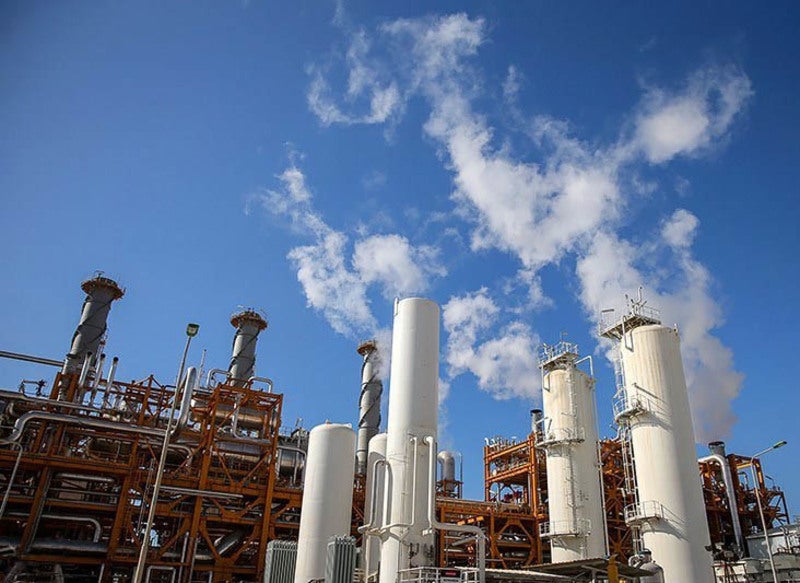
China National Petroleum (CNPC) has reportedly replaced French energy major Total in the $4.8bn South Pars natural gas project located off the coast of Iran.
Citing a statement made by Iranian Oil Minister Bijan Zanganeh to the semi-official news agency ICANA, Reuters reported that the Chinese state-owned firm has officially replaced Total.

Discover B2B Marketing That Performs
Combine business intelligence and editorial excellence to reach engaged professionals across 36 leading media platforms.
The development confirms reports in May that CNPC would take over Total’s stake in the project.
Zanganeh told ICANA: “China’s CNPC has officially replaced Total in phase 11 of South Pars but it has not started work practically. Talks need to be held with CNPC about when it will start operations.”
Last July, Total entered a contract to develop phase 11 of the gas field with an initial $1bn investment. The company had a 50.1% interest in the project.
However, in August, the company pulled out of the South Pars gas project after failing to obtain a waiver related to Iran sanctions from Washington.

US Tariffs are shifting - will you react or anticipate?
Don’t let policy changes catch you off guard. Stay proactive with real-time data and expert analysis.
By GlobalDataThe US Administration withdrew from the 2015 Iran nuclear deal and reintroduced sanctions against Tehran. Sanctions prevent companies from operating in the country and significant fines would be imposed in case of violations.
Total noted that continuing its engagement in the project could pose financial and sanctions risks to the company.
CNPC already owns a 30% interest in the offshore gas field, which is said to hold the world’s largest natural gas reserves ever found in a single place. PetroPars holds the remaining 19.9% stake in the project.
The South Pars field is located on the joint border line between Iran and Qatar in the Persian Gulf, with Iran’s section of the field estimated to contain 14 trillion cubic metres of gas and 18 billion barrels of liquefied natural gas (LNG).





